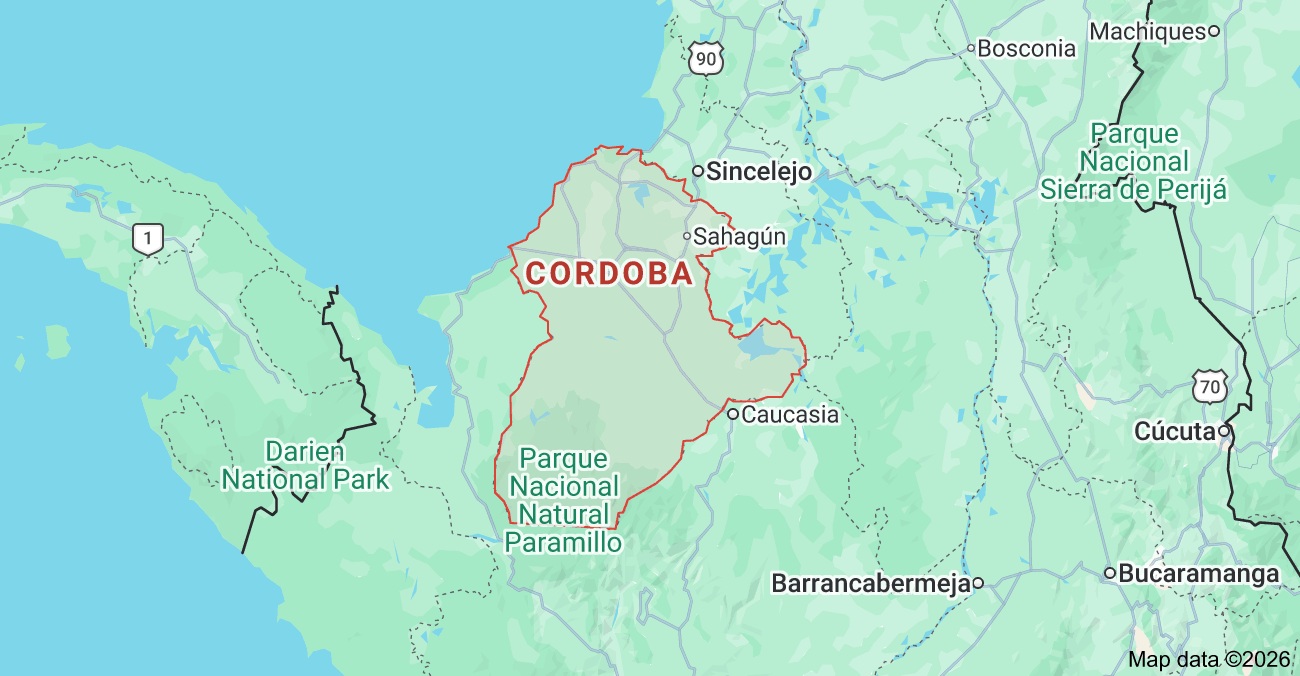Panama Papers firm dedicated to hiding illicit money – prosecutor

THE Panama law firm of Mossack Fonseca is an organization dedicated to selling “products used to hide the illicit provenance of money,” said Prosecutor Rómulo Bethancourt on Thursday, Mar.23.
Bethancourt, who is investigating the firm for money laundering, gave a press conference about the case
with prosecutors Ricaurte González and Octavio Nicolau.
The prosecutors met with the press “so that citizens can see that this is a serious investigation.”
 Charges have been filed against Jürgen Mossack, Ramón Fonseca, Edison Teano and María Mercedes Riaño, who was in charge of Mossack Fonseca’s office in Brazil.
Charges have been filed against Jürgen Mossack, Ramón Fonseca, Edison Teano and María Mercedes Riaño, who was in charge of Mossack Fonseca’s office in Brazil.
The firm is charged with selling financial products in Brazil that were used to mask bribes paid to public officials. The charges were filed as part of the Lava Jato operation.
Bethancourt said that Panamanian banks have collaborated with the investigation which began on Jan. 30, 2016, thanks to information gathered in Brazil as part of the Lava Jato case.
Bethancourt said that it is not related to the stories produced as part of the investigation coordinated by The International Consortium of Investigative Journalists that went public in April and became known as The Panama Papers.
Gonzalez said the claims by the firm that the information came from hacked files could not be verified.
“There are no elements that allow us to say that [Brazil’s] information comes from a hack. That crime has not been proven,” Gonzalez said.
He also said that this investigation is focused on specific criminal activities. “We are not pursuing the profession of lawyers. We are investigating members of the firm because they are the owners of the accounts that have received money from Brazil,” he said.
It was also reported that Attorney General Kenia Porcell will travel to Europe next week to attend meetings as part of another investigation that also involves Mossack Fonseca.
Guillermina McDonald, a lawyer for Mossack, Fonseca and Teano, has repeatedly said that the reason for her clients’ detention has still not been adequately explained.





